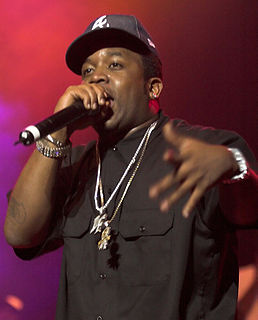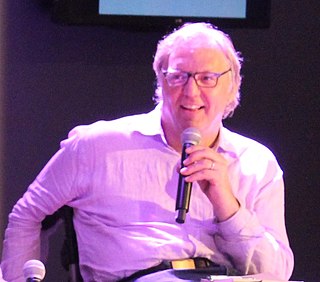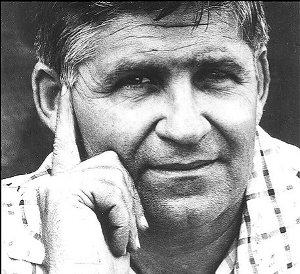A Quote by James McBride
As a journalist, the details always tell the story.
Quote Topics
Related Quotes
The elements of a good story are most definitely details, little bitty details. That does it, especially when you're describing, when you're setting the scene and everything. It's like you're painting a picture, so details are very important. Also, the music gotta be right. The music can really set the tone for the story and let you know what the story is gonna be about, but definitely, it's the vibe in the place where you at and the detail.
I don't beat at the details, but I do always keep in mind that anything that isn't A) moving the story forward or B) enlarging my understanding of the central characters has to be sacrificed. I have huge folders of details - research - with a story like Netherlands. Only a very small part of it gets used. The old iceberg analogy again.
It's only a story, you say. So it is, and the rest of life with it - creation story, love story, horror, crime, the strange story of you and I. The alphabet of my DNA shapes certain words, but the story is not told. I have to tell it myself. What is it that I have to tell myself again and again? That there is always a new beginning, a different end. I can change the story. I am the story. Begin.
I think every journalist understands when they are the beneficiary of hot information that, yes, they have a scoop, but they're also being used. Part of your responsibility as a journalist is to tell the story of why that information is coming to you, consistent with the ground rules of your sourcing.
People will ask me, "How do you approach writing books for young readers differently than for adults?" My answer is always: I don't change anything about the story itself. I'm going to tell kids the way things really were. What I don't do - and this is the only thing I do differently in writing for kids - is that I don't revel in the gory details. I allow readers to fill in the details as necessary. But I don’t force kids to have to digest something they’re not mature enough or ready for yet. If they are, they can fill in the details even better than I could, just with their imaginations.
If you gauge how you're doing on whether somebody is responding vocally or not, you're up a creek. You can't do that; you kind of have to be inside of your work and play the scene. And tell the story every day. Tell the story. Tell the story. Regardless of how people are responding, I'm going to tell the story.
The Negro. The South. These are the details. The real story is the universal one of men who destroy the souls of other men (and in the process destroy themselves) for reasons neither really understands. It is the story of the persecuted, the defrauded, the feared, and detested. I could have been a Jew in Germany, a Mexican in a number of states, or a member of any 'inferior' group. Only the details would have differed. The story would be the same.






































